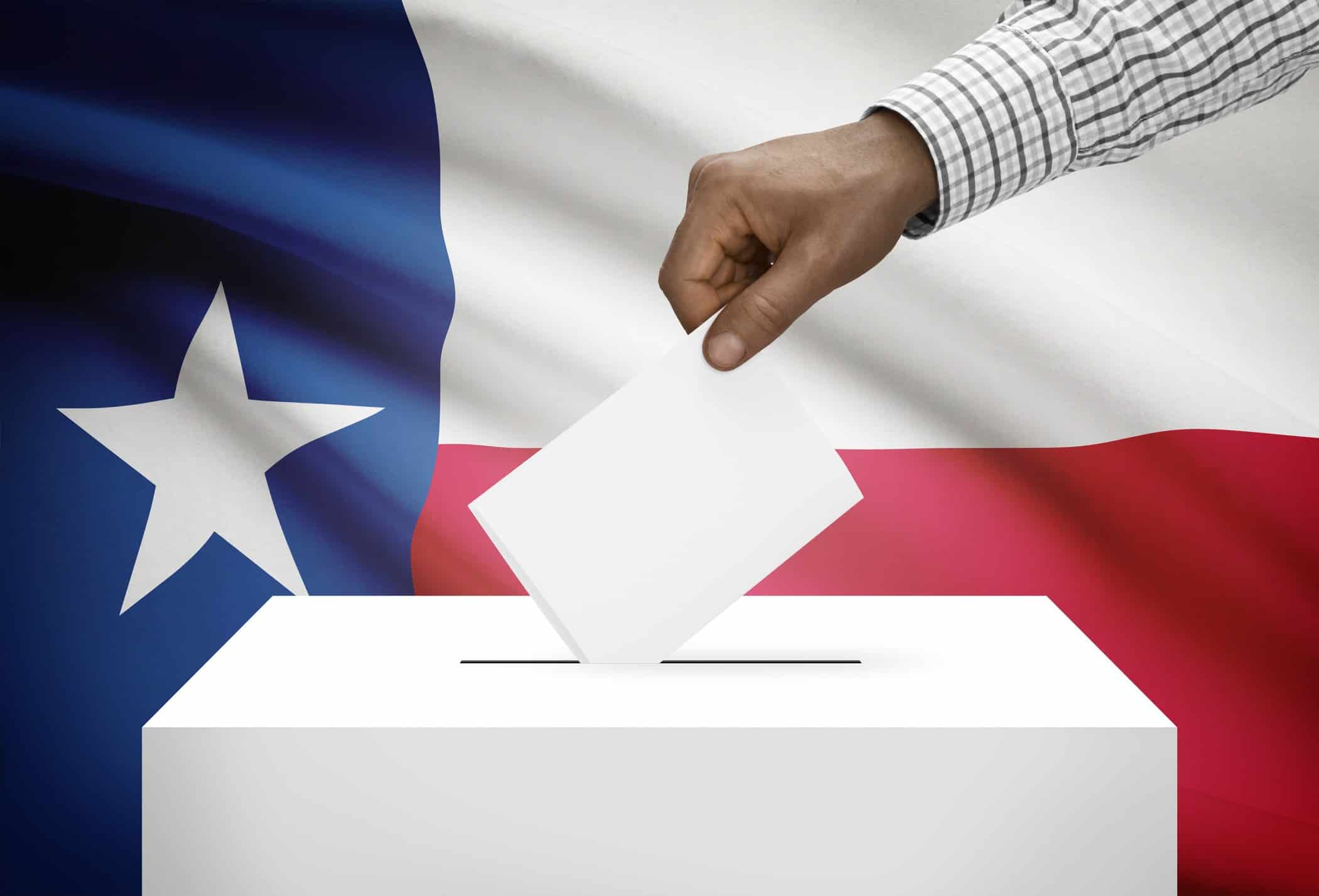The Democratic-led House recently passed a critical voting rights bill that aims to rein in voter suppression in states with a pattern of discrimination, like Texas.
To do so, the bill would restore and strengthen key provisions in the landmark 1965 Voting Rights Act that six years earlier was gutted in a Supreme Court ruling, Shelby County v. Holder.
In 2013, Shelby County v. Holder removed Texas and other states with a history of discrimination from federal oversight called “preclearance” that previously forced states to justify election-related changes and kept states like Texas in check.
“This has had a really profound impact in Texas,” president of the Texas Civil Rights Project Mimi Marziani said in an interview, citing the state’s voter ID law as the most egregious example of the fallout from Shelby County v. Holder.
In 2012, a federal court blocked Texas’ photo ID law citing “strict, unforgiving burdens” on poor minority voters. But following the 2013 ruling that weakened the Voting Rights Act the floodgates were opened and a wave of voter suppression laws ensued.
“Texas no longer had to ask the government for permission and the state of Texas, led by then-Attorney General Greg Abbott, decided that they were going to start enforcing the voter I.D. law immediately, even though it had already been found to have discriminatory effects,” Marziani said, adding that the same story was seen with the battle over Texas’ gerrymandered district lines.
Other voter suppression measures, including curbing voter registration drives, the governor’s office attempt to purge 95,000 votes, and, most recently in this past Texas Legislative session, cutting back on mobile early voting, are the type of eyebrow-raising tactics that have come to dominate the state in recent years.
“It’s really unfortunate I think– for the entire country– that there are some cynical political actors out there that are trying to inflate their own power by making it more difficult for eligible voters to participate,” Marziani said.
Congressional action
Last week, Texas Republicans in Congress joined their colleagues in almost unanimously opposing the bill to strengthen the Voting Rights Act. Only one Republican went on to support the bill, which will advance to the Republican-controlled Senate with little chance of passing.
Republicans, like Houston’s retiring Rep. Pete Olson, have argued the Voting Rights Advancement Act would infringe upon state’s rights (we’ve heard this argument before), but the party seems more concerned about how the proposal would affect their chances of victory at the ballot box.
The biggest evidence of that came last year when the files of a deceased GOP strategist, Thomas B. Hofeller, dubbed by the New York Times as the Republican Party’s “Michelangelo of gerrymandering,” revealed a plot to change how district lines in Texas were drawn that would have made them, in Hofeller’s analysis, “advantageous to Republicans and non-Hispanic whites.”
With preclearance, Texas voters would at least have some protection against their own state government’s anti-democratic policies.
“Preclearance is not a magic wand that prevents any sort of discriminatory actions on the part of the state from happening, but it’s a very important tool that forces states to be more measured and it could prevent some of the worst impulses of the state,” Thomas Buser-Clancy, a staff attorney with the ACLU of Texas told the Signal.
Texas has not been alone in passing voter suppression measures. Twenty-four other states have also put in place new voting restrictions, according to a report by the Brennan Center for Justice. The justification for them, most recently championed by President Trump, are claims of fraudulent votes by undocumented immigrants.
Buser-Clancy said those claims of widespread voter fraud have never been proven and said it was concerning lawmakers would restrict voting because of the specter of one bad fraudulent vote.
“There’s no data, there are no studies that back up the claims of voter fraud,” Buser-Clancy. “But there are data and studies that back up the real-world effects of voter ID laws, of gerrymandering, of things like purging people from the voter rolls, or closing polling locations.”
“They know when they pass these policies that it’s going to prevent people from voting and it’s going to prevent very particular people from voting, and they go ahead with it either anyways, or with that intention,” Buser-Clancy said.
Photo: Niyazz/Getty Images
Fernando covers Texas politics and government at the Texas Signal. Before joining the Signal, Fernando spent two years at the Houston Chronicle and previously interned at Houston’s NPR station News 88.7. He is a graduate of the University of Houston, Jack J. Valenti School of Communication, and enjoys reading, highlighting things, and arguing on social media. You can follow him on Twitter at @fernramirez93 or email at fernando@texassignalarchive.com





